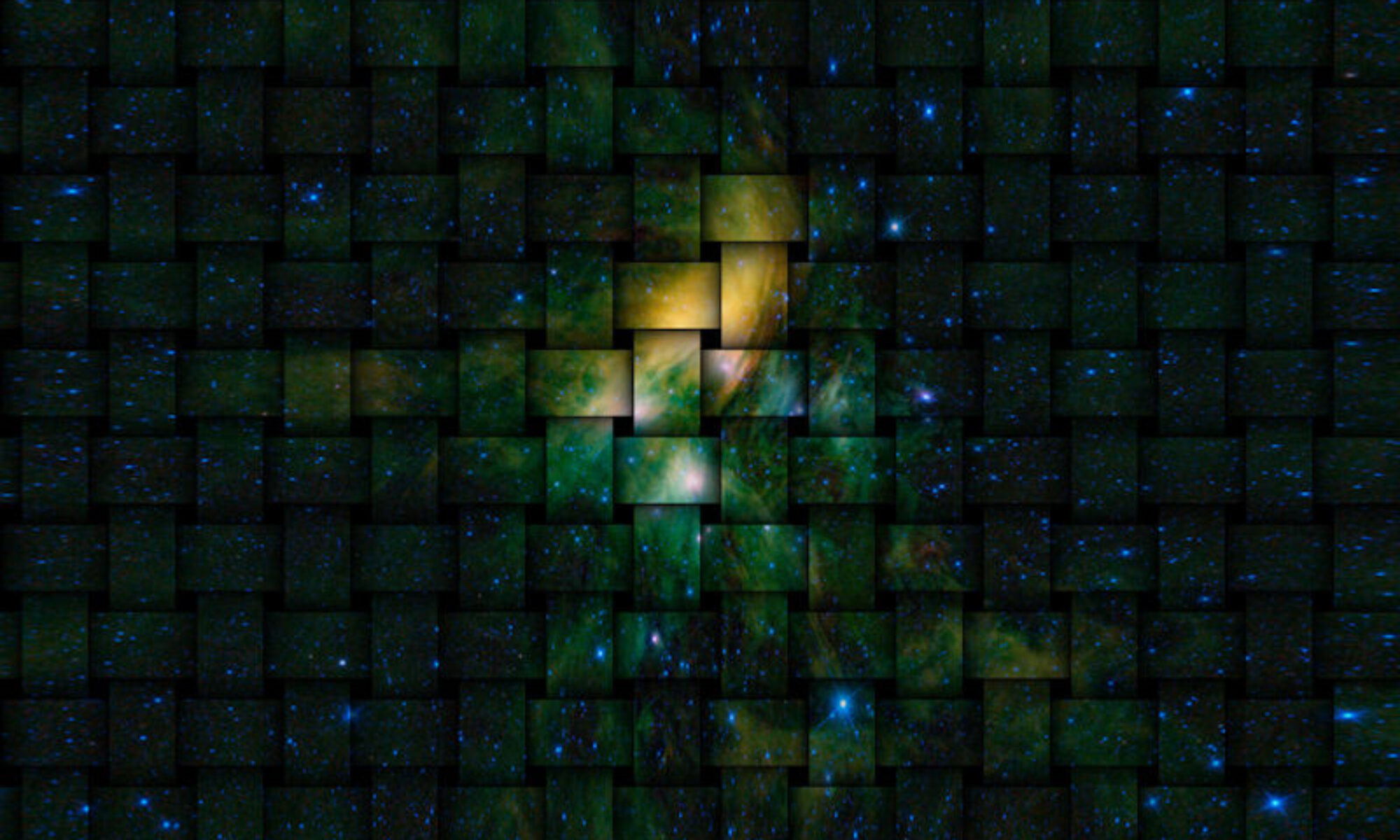Believe what you wish to notice.
~Hilarion
It’s so easy to find things to notice in life. Unfortunately, often it is easiest to notice what we don’t like. It isn’t as common to be aware of things we enjoy. A weed-overgrown parking lot may catch our eye more readily than a stunning sunset. A bad-tasting medicine remains in memory longer than the taste of our favorite entrée.
While this is true of sensory stimuli, it also applies to scenarios and interactions. It is easier to remember all the details of an argument than to recall the fine points of a fulfilling discussion. We just seem to focus on the unwanted more than the wanted. Since energy flows where attention goes, this can have the undesired side effect of creating more of what we don’t want.
Our thoughts generate the events in our lives, and our beliefs dictate our thoughts. So beliefs create the thoughts which create experience, and we’re more likely to notice experiences which confirm our thoughts and underlying beliefs. It can be a circular pattern, but it is possible to shift.
It all starts with our beliefs, so if we’re noticing things we don’t enjoy, it helps to examine our beliefs. Once we begin to tweak our underlying beliefs, it is easier to school our thoughts to be aligned with what we would choose to experience. If we also choose to focus on what we do enjoy, this three-fold approach can be transformational. We will find it much easier to notice and enjoy many aspects of life.
Let’s spend a few minutes in conscious connection with the divinity housed inside of us—our sharing within—to try out this approach. We will begin with our breath and a simple visualization. As we allow our breath to become steady and gentle, we will picture a sphere of golden light in the center of our chest, the home of our inner divinity.
Breathing in, we will see the light grow strong and bright. Breathing out, we will circulate the light throughout our body and surroundings. With each breath in and out, we bless ourselves and our environment with conscious love. We’ll continue until we feel calm, peaceful and certain, signaling we are in conscious connection with our sharing within.
We will take a quick personal inventory and note one type of thing we’ve been noticing a lot—something we don’t like. Perhaps we’ve encountered quite a few grumpy, unpleasant people recently.
We’ll think about why people might be grumpy. Perhaps they don’t feel well physically. Perhaps they don’t enjoy interacting with other people. Perhaps they are disappointed in life.
Then we will look for a common denominator in those reasons. They all boil down to life being less than perfect—the idea that we, other people, and things are flawed. Certainly if people appear grumpy to us, we’re seeing them as imperfect. It’s small wonder that we would perceive them as finding life flawed or broken, when we do too.
Now that we’ve identified the underlying belief, we can choose to change it. We might practice saying a few times, “I believe everything and everyone is essentially divine and perfect, including me.”
When that belief begins to resonate a small bit, we can let it start to generate some thoughts. Here are some thoughts we could try out. “Everyone I encounter is a perfect expression of the divine. I love recognizing the divine in the people I meet. The love and respect I hold for everything and everyone in existence reflects back to me.”
Finally, we’re ready to notice how changing our beliefs and thoughts alters our perceptions. We’ll think back to one encounter and note how we perceive the “grumpy” individual now. Perhaps he simply seems tired. Perhaps we recognize there was just a communication gap with her. It’s easier to see someone kindly and appreciatively when we believe they are essentially good and perfect. We are all healed; we are all whole; we are all divine in the sharing.
Divinely unique and beautiful reader, what belief are you willing to hold in order to make the world beautiful?
